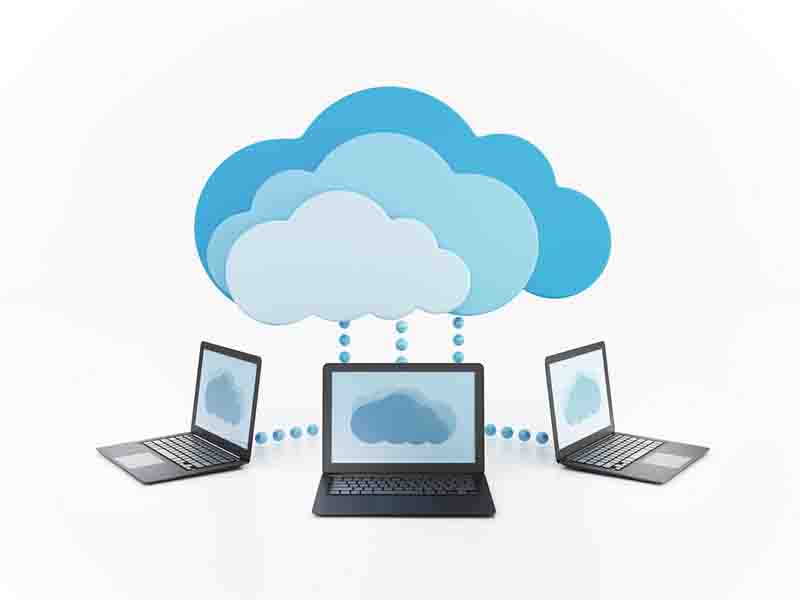Do you have any experience with cloud computing?
Cloud computing is a service delivery model that uses the internet or the cloud to deliver services. It provides internet-based resources such as servers, storage, databases, networking, software, analytics, and intelligence.
Whether you realize it or not, you've undoubtedly utilized a cloud computing service. Cloud services are presumably something you use on a weekly, if not daily, basis. You can respond yes if you've ever sent an email from a wireless device or streamed music from your phone.
Cloud computing is appropriate for enterprises of all sizes, and it does not necessitate going "all in." This is not the case. Cloud services are adaptable to any business size, making them a simple resource to scale up or down as your company grows or shrinks. You simply pay for the services you use using the cloud, making it a cost-effective and flexible IT option for any company.
Cloud Deployment Types
There are many various types of clouds, and it is up to you to decide which one is ideal for your company's needs. The first stage is to decide how your cloud computing infrastructure will be deployed.
Public
Public clouds are accessible through the internet and are owned and controlled by a third party who handles the associated hardware, software, and infrastructure. Anyone with a web browser can use public cloud computing services; all they need to do is register an account. Public cloud platforms include Microsoft Azure and Google Cloud Platform, for example. When it comes to Microsoft Azure, the company owns and operates all cloud infrastructure, and consumers can access it from any device.
Private
A private cloud is one that is only used by a single company or organization. A private network is usually used to host private cloud computing services. There are two alternatives for the physical location of a private cloud. A corporation can either host its private cloud infrastructure on its own premises or pay a third-party service to do so. Some companies will even hire a Cloud Services Provider to help them create their own private cloud.
Hybrid
A hybrid cloud, as you might expect, mixes public and private cloud services. You can share data and apps between the two cloud environments using a hybrid cloud. This sharing allows for more flexibility, deployment alternatives, and infrastructure and security optimization.









